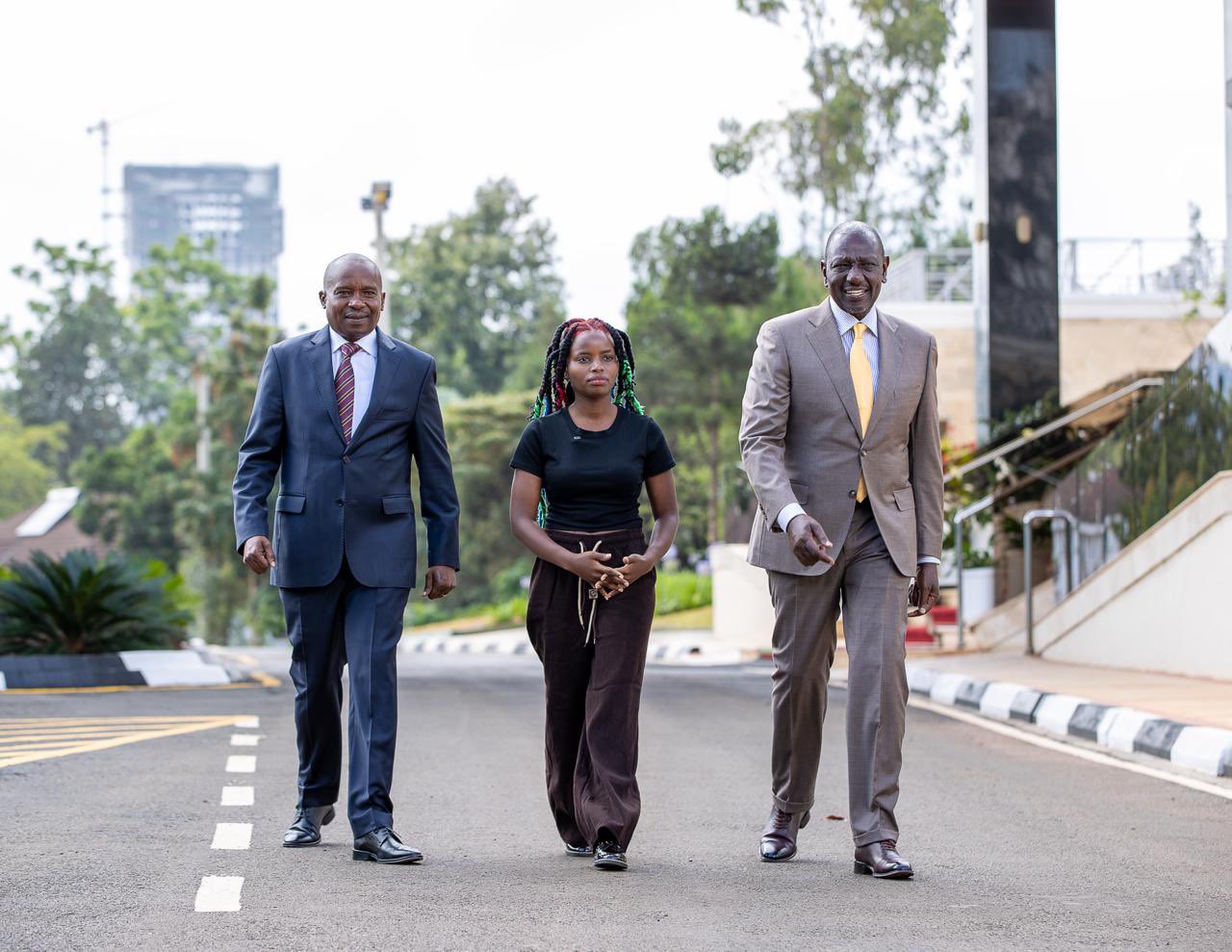Kenya’s maternal mortality ‘a crisis that cannot be ignored’, MP Nyikal warns

Nyikal cited national data showing haemorrhage accounts for 44 per cent of deaths, obstructed labour 34 per cent, eclampsia 13 per cent, sepsis 6 per cent, and ruptured uterus 3 per cent.
Kenya’s high maternal death rate is a crisis that cannot be ignored, according to James Nyikal, chair of the National Assembly Health Committee.
Speaking at a Nairobi forum on maternal and child health organised by the Health NGOs Network (HENNET), the Seme MP said urgent action is needed to strengthen laws that safeguard mothers, newborns, and children.
More To Read
- Health Ministry clarifies Kenya–US health partnership respects sovereignty, data protection
- How Trump–Ruto health deal fills the void left after USAID exit
- KMTC students to start accessing Helb loans after final talks next week
- Kenya, US sign Sh208 billion health cooperation deal to transform to strengthen primary care, services
- Senate targets KEMSA in plan to turn devolved institutions into executive agencies
- Africa’s hidden stillbirth crisis: New report exposes major policy and data gaps
“More than two-thirds of the maternal deaths [in the world] occur in the African region. We are having an inordinate number of those deaths… Kenya should not be there. Something is not right,” Nyikal said on Monday.
He noted that Kenya records 530 maternal deaths per 100,000 live births, a level comparable to countries facing conflict, extreme poverty, or weak governance.
He expressed concern that a nation with relative stability and resources still struggles to protect mothers from preventable deaths.
Despite improvements in child survival, maternal deaths continue to rise due to issues that could be addressed with proper planning and investment.
Nyikal cited national data showing haemorrhage accounts for 44 per cent of deaths, obstructed labour 34 per cent, eclampsia 13 per cent, sepsis 6 per cent, and ruptured uterus 3 per cent.
“All of them are things we can do something about,” he said.
The MP raised questions about the impact of devolution, warning that county health services have weakened crucial maternal care.
“With devolution, something happened; we lost something… Researchers should tell us what the impact of devolution is on health indices,” he stated.
Nyikal called on Parliament to prioritise three pending health bills. The Maternal, Newborn and Child Health Bill aims to ensure quality care during pregnancy and after delivery; the Breastfeeding Mothers Bill protects women’s rights to breastfeed in public and at work; and the Assisted Reproductive Technology Bill seeks to regulate fertility treatments and provide legal guidance for families seeking reproductive support.
“Parliament now has the responsibility to deliver strong, rights-based legislation that ensures coordinated, well-financed and high-quality maternal and child health services,” Nyikal said.
He warned the Senate not to delay the Assisted Reproductive Technology Bill, noting that fertility practices like surrogacy and egg donation continue without proper legal oversight.
“Issues like surrogacy are going on without a law… We do not know what is happening to our young donors.”
Defending the breastfeeding legislation, Nyikal emphasised that no formula can replace breast milk.
“Breast milk is alive. It actually has living components… No formula can replace it,” he said, stressing that a child’s brain growth is largely shaped by nutrition in the first three years.
“If you wait until five years to start giving the child good food, you will get a very good body but not an equally good brain.”
He also criticised cultural taboos against breastfeeding in public, urging mothers to prioritise nutrition without fear.
Highlighting shortcomings in the referral system, Nyikal said maternal deaths could drop sharply if every sub-county hospital could provide emergency C-sections and blood transfusions.
“A true level four must be able to do a cesarean section and do blood… If those levels work, level six may actually be empty,” he explained.
He suggested establishing a model county with a fully linked maternal care system, including ambulances and emergency response protocols.
“The challenge is not knowing what to do but failing to act. The ‘know-do gap’ is where people know but they don’t do,” Nyikal said, appealing to lawmakers to fast-track the bills. “Every Kenyan family deserves a healthy start and a dignified future. Let us legislate with purpose, urgency and compassion… Let this be the moment where we renew our national commitment to saving the lives of mothers and children.”
Top Stories Today












































